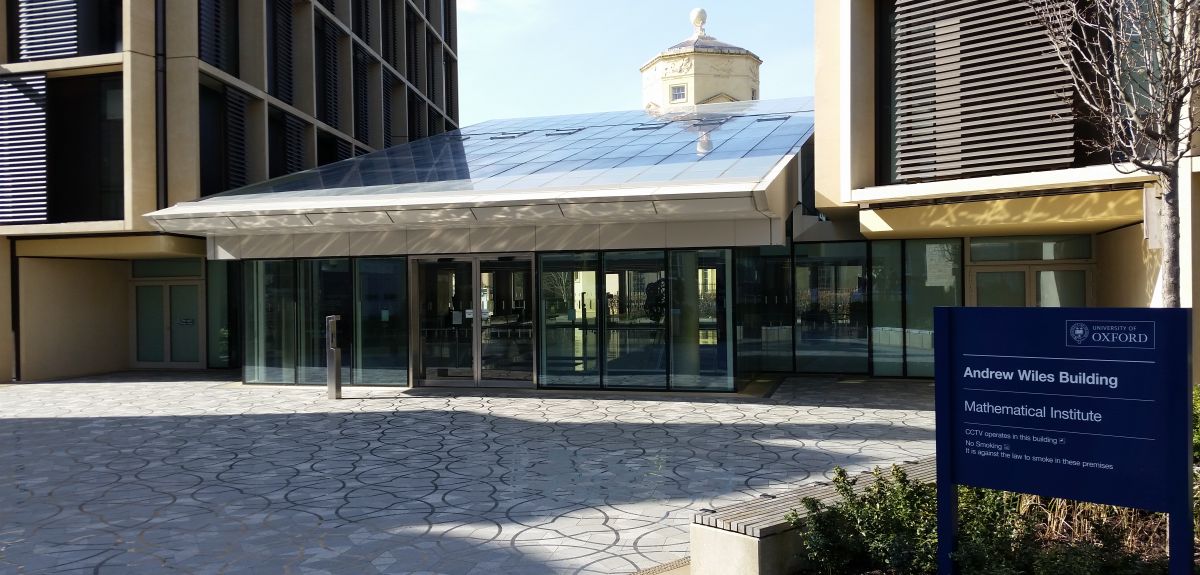Aim and scope:
Our group
focuses on the development of new mathematical tools to analyse
theoretical, numerical and modelling
aspects of novel applications of nonlinear nonlocal
aggregation-diffusion and kinetic equations in areas of Science,
Engineering and Social Sciences. Among the numerous areas of
applications of kinetic modelling, we concentrate on phenomena
identified, at the modelling stage, as systems involving a large
number of "individuals" showing "collective behaviour" and how
to obtain "averaged" information from them. Individuals behavior
can be modelled via stochastic/deterministic ODEs from which one
obtains mesoscopic/macroscopic descriptions based on mean-field
PDEs leading to continuum mechanics, hydrodynamic and/or kinetic
systems. Understanding the interplay between the interaction
behaviour (nonlocal, nonlinear), the diffusion (nonlinear), the
transport phenomena, and the synchronization is our main
mathematical goal.
The present research
is centred on developing tools underpinning the analysis
of long time asymptotics, phase transitions, stability of
patterns, consensus and clustering, and qualitative properties
of these models. On the other hand, designing numerical schemes
to accurately solve these models is key not only to understand
theoretical issues but also crucial in applications.
Current research lines of the group include the Landau equation with applications in weakly nonlinear
plasmas by means of the gradient flow techniques,
zebra fish patterning formation as example of spontaneous self-organisation processes in
developmental biology, and grid cells for navigation in mammals
as prototype for the synchronization of neural networks.
Our research connects with other
areas of current interest in science and technology such as
agent-based models in engineering: global optimization,
clustering, and social sciences.
Our research is funded the Advanced Grant
Nonlocal-CPD: "Nonlocal PDEs for Complex Particle Dynamics: Phase
Transitions, Patterns and Synchronization" of the European
Research Council Executive Agency (ERC) under the European
Union's Horizon 2020 research and innovation programme (grant
agreement No. 883363) and the projects
EP/T022132/1
"Spectral
element methods for fractional differential equations, with
applications in applied analysis and medical imaging"
and
EP/V051121/1 "DMS-EPSRC:
Stability Analysis for Nonlinear Partial Differential Equations
across Multiscale Applications" of the Engineering and Physical Sciences Research Council
(EPSRC, UK).
Mathematical Institute
University of Oxford


